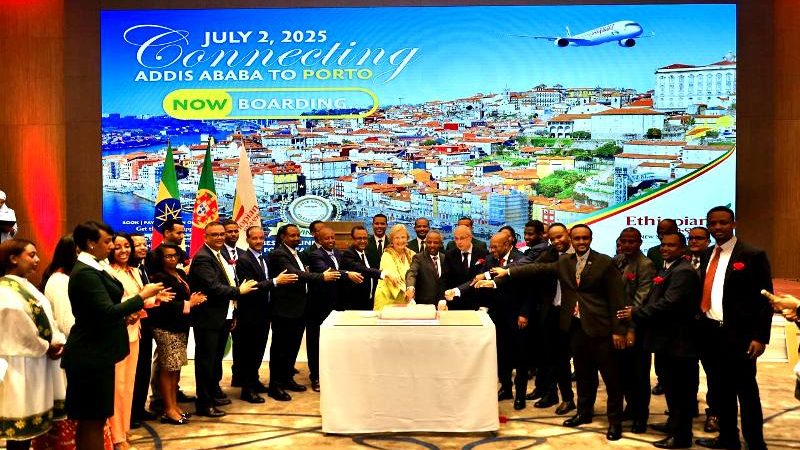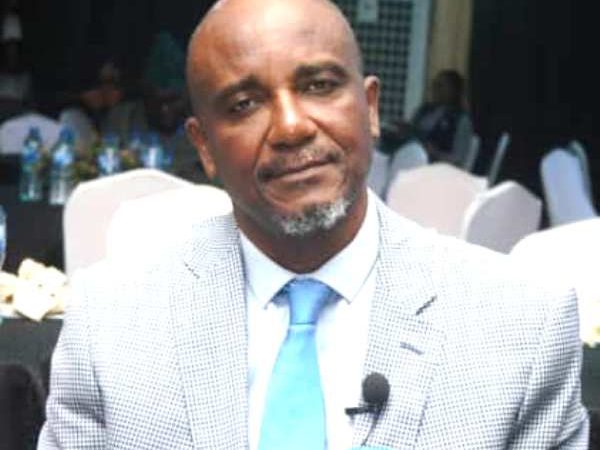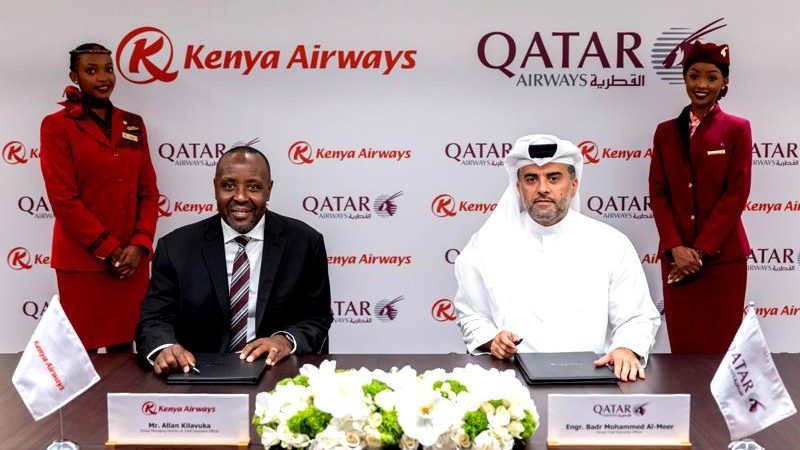NATCA Frowns At Proliferation Of Agency Departments, 50% IGR Deductions From NAMA

The Nigerian Air Traffic Controllers Association (NATCA) has frowned at “the systematic migration from core mandates of agencies and proliferation of departments that have no bearing in the aviation and aerospace system” stating that “we have observed with alarm the proliferation and establishment of departments that have no direct or incidental bearing to the core mandates of the agencies in the sector, most especially NCAA, NIMET, NAMA and NSIB. We are sure as a legal mind, you will agree with us that there are departments that has not been provided for or intended by the provisions in the NCAA Establishment Act 49 of 2022 and NAMA Establishment Act 48 of 2022 (all as amended and Gazette as No. 22). These are some of the issues that may significantly increase the financial overhead of the agencies and detract them from their original mandates.”
NATCA President, Mr. Abayomi Agoro, who said this today in his speech at the ATC-Pilots’ Interactive Forum held at NCAA Training Centre, Lagos, said “the type of manpower being recruited into NAMA are completely at variance with the real needs of the Agency as an ANSP. A holistic evaluation of the staff strength of the Agency on a department by department or directorate by directorate basis in line with the core mandate of the Agency as well as the standard template accepted by the Civil Air Navigation Service Organization (CANSO) and industry best practice, needs to be embarked upon without delay.”
He further stated that “as an agency of government, NAMA and the other aviation agencies are continuously handicapped to undertake implementation of critical and time-constrained programmes or projects because of the government policy on the deduction of 50% at source of the Internally Generated Revenue (IGR) of this sector. The Honourable Minister sir, as a very key interested party to the survival and achievement of the vision of this administration and the need to uphold and promote Nigeria’s position in the world stage. We beseech you to use your good office to reverse this policy as it affects these safety sensitive and critical sectors, like NAMA and the other sister agencies in the sector. We sincerely believe that with a reversal or exception given to this sector, we will be able to achieve some mileage in addressing some of the financial burdens of the sector.”
Agoro said: “We have reviewed the provisions of the Workman’s Compensation Act and concluded that it has failed to adequately address our members welfare concerns. We hope the Honourable Minister will favourably and constructively engage us to be able to address these shortfalls,” adding that “staff welfare issues are a complex mix and any attempt at cherry-picking or deviation from addressing these issues systematically will fail and, in some instances, cause further distortions to the overall system. Our members work under a strict regime of operations and usually may contract some health challenges on-the-job.”
“As Air Traffic Controllers, we have serious concerns and worries about the future and resilience of our Air Navigation services. There are new and emerging technologies that may provide enablement for air traffic management, but they have transcended the current levels of training that ATCOs are being given and this is a critical challenge on its own. In like manner this enablement may pose both safety and security challenges to the air traffic management system if not implemented as defined in the ASBU framework and ICAO Cir 278 – National Plan for CNS/ATM Systems, due to dearth of effective financing.
We must also note that the evolution of these enabling technologies will not tarry to allow us play catch ups. So, we need to act and act now with determined focus. We have made and will continue to make our concerns known to the Honourable Minister of Aviation and Aerospace Development, the Director General of the Nigerian Civil Aviation Authority, and the Air Navigation Service Provider (NAMA) as the situation has warranted, describing our concerns and suggesting appropriate action. We intend to continue on this trajectory of constructive engagements.
As a dedicated body, it is very important that we decide at this point what further action that we deemed is necessary, if any. If so, what, how, when and where to start, to review or to evaluate,” said Agoro.
He also said that “from our engagement with NAMA, NCAA and even from the Ministry, we have observed and must acknowledge that the challenge of just maintaining the already deployed ANS solutions based on the Aviation System Block Upgrade (ASBU) framework are also being degraded due to scarce and constricted sources of revenue available to NAMA.
Our main goal as a professional body is the continued promotion of safety, efficiency, and regularity in both the domestic and international air navigation, as well as to assist and advise our authorities in the development of safe ATC systems. It is also encompasses our challenge to keep up a high standard of knowledge and professional efficiency, a high moral and ethical standard among air traffic controllers and also to closely co-operate with international and national aviation authorities and institutions concerned with air navigation in promoting and enhancing safety of flight operations.
Civil aviation is an industry where we endeavour to target a level of safety in the order of 10 to minus 7 (10-7), that is 1 accident in every 10 million flights, the Air Traffic Management system has to continuously make safety improvements paramount in its daily endeavour.
Fortunately, aviation accidents are seldom. However, this very fact does not help to improve safety, as it is the case in other transport environments.”
Theme of this years’ interactive session which continues tomorrow is “Building Safety Capabilities for the Future.”







